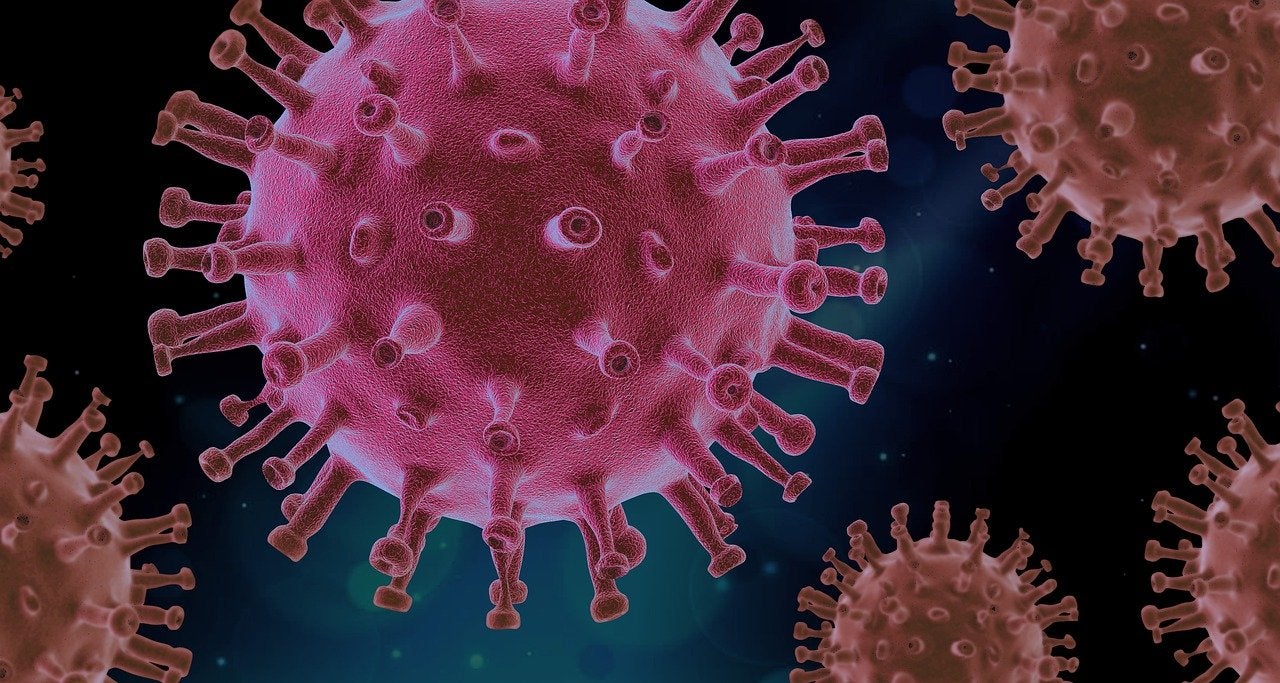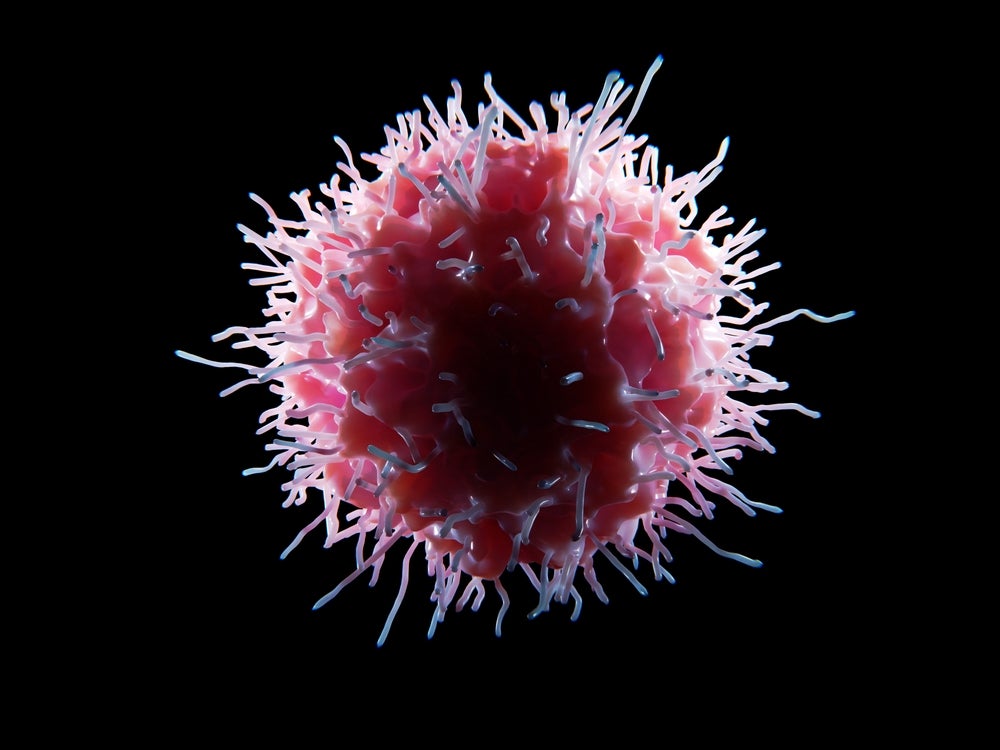
Biopharmaceutical company RedHill Biopharma has announced that the preliminary results from a preclinical study with a new oral drug, opaganib, showed a reduction of thrombosis (blood clotting) in an acute respiratory distress syndrome (ARDS) in the animal model.
Opaganib is an orally administered sphingosine kinase 2 (SK2) selective inhibitor.
It targets a host cell component, lowering the chances for resistance arising from viral mutations.
The preclinical study analysed 250mg/kg of opaganib to measure thrombotic risks.
ARDS-induced thrombosis may happen in up to one-third of Covid-19 patients needing ICU admission and is a major cause of death.
The latest data showed the possible benefit of opaganib to Covid-19 patients apart from the already established inhibition of SARS-CoV-2 replication, as well as potential reduction in hyper immune-response by opaganib.
How well do you really know your competitors?
Access the most comprehensive Company Profiles on the market, powered by GlobalData. Save hours of research. Gain competitive edge.

Thank you!
Your download email will arrive shortly
Not ready to buy yet? Download a free sample
We are confident about the unique quality of our Company Profiles. However, we want you to make the most beneficial decision for your business, so we offer a free sample that you can download by submitting the below form
By GlobalDataRedHill plans to analyse different physiologically and pharmacologically relevant opaganib doses that can reduce thrombosis.
RedHill R&D senior vice-president Reza Fathi said: “Results from our study show opaganib 250mg/kg reduced blood clot length, weight and total thrombus score in a preclinical model of ARDS.
“This adds to the known antiviral and anti-inflammatory activities of opaganib and provides the potential for a unique triple-action effect on the pathophysiological processes associated with Covid-19 disease.”
RedHill is carrying out a Phase II study assessing safety and potential efficacy signals of opaganib in patients with severe Covid-19 pneumonia in the US.
It has enrolled 40 subjects with the last patient receiving the final dose and expects top-line data later this month.
In addition, a global Phase II/III study of opaganib on 270 patients with severe Covid-19 pneumonia has enrolled more than 60% of patients.
It is approved in six countries and could deliver top-line data in the first quarter of next year.
In July, RedHill submitted an application to Mexico’s COFEPRIS and initiated a filing with Brazil’s ANVISA to conduct a Phase II/III trial of opaganib in hospitalised patients with severe Covid-19 pneumonia.






